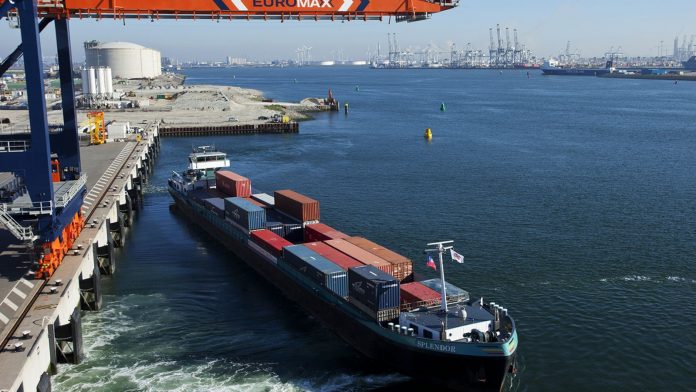Negotiations at International Maritime Organization’s 77th Marine Environment Protection Committee (MEPC) virtual meeting, held on 22-26 November, have indicated support for zero-emission shipping by 2050, a more ambitious proposition than the IMO’s current 50% greenhouse gas (GHG) emissions reduction goal.
However, discussions on the IMO’s US$5 billion research and development (R&D) fund as well as the use of market-based measures, which are seen by many industry stakeholders as a way of accelerating shipping’s energy transition, have now been moved onto the agenda of the Intersessional Working Group on Reduction of GHG emissions from ships which will meet in 2022.
A number of countries including Brazil China, Russia, Saudi Arabia and the United Arab Emirates, vetoed both the 2050 zero-emission target and the resolution, according to a statement.
Meanwhile, one of the meeting’s top questions was the introduction of a carbon levy on bunker fuel. Countries that were in favour of a carbon levy either as a “standalone” measure or as part of measures, included the EU27, Canada, Japan, Liberia and Pacific Islands nations.
Opposition to this, however, came from a number of countries, including Saudi Arabia, Brazil, Argentina, China and Russia.







